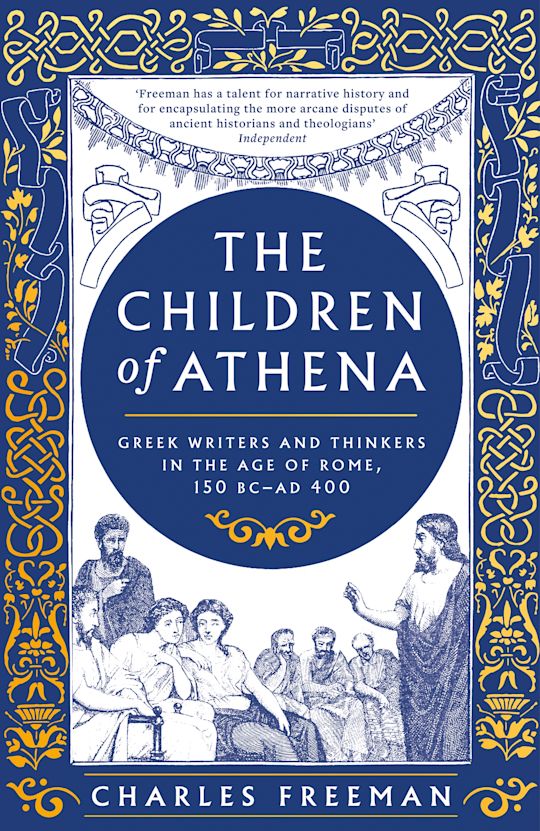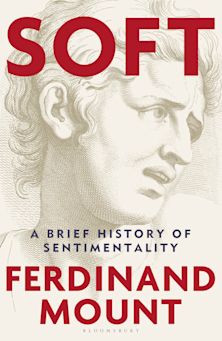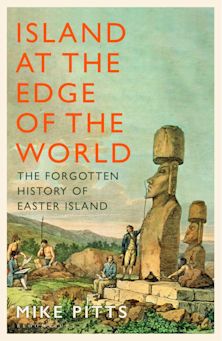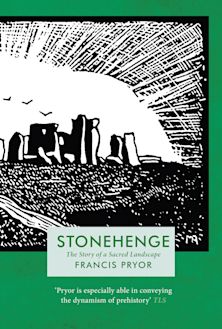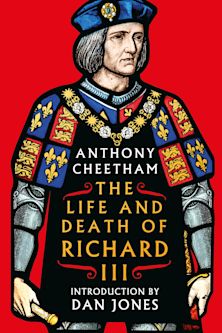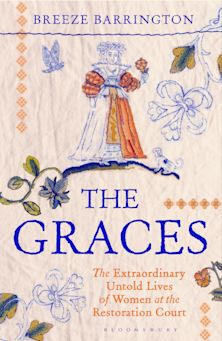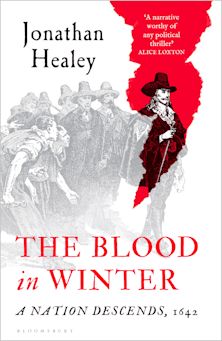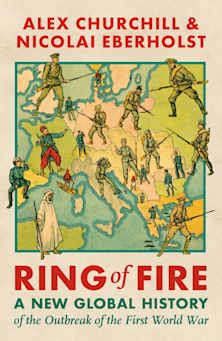- Home
- NON-FICTION
- History
- General History
- The Children of Athena
The Children of Athena
Greek writers and thinkers in the Age of Rome, 150 BC–AD 400
The Children of Athena
Greek writers and thinkers in the Age of Rome, 150 BC–AD 400
You must sign in to add this item to your wishlist. Please sign in or create an account
Description
The remarkable story of how Greek-speaking writers and thinkers sustained and developed the intellectual legacy of Classical Greece under the rule of Rome.
In 146 BC, Greece yielded to the military might of the Roman Republic; some sixty years later, when Athens and other Greek city-states rebelled against Rome, the general Lucius Cornelius Sulla destroyed the city of Socrates and Plato, laying waste the famous Academy where Aristotle had studied.
However, the traditions of Greek cultural life would continue to flourish – across the eastern Mediterranean world and beyond – during the centuries of Roman rule that followed, in the lives and work of a distinguished array of philosophers, rhetoricians, historians, doctors, scientists, geographers and theologians.
Charles Freeman's accounts of such luminaries as the polymathic physician Galen, the soldier-botanist Dioscorides, the Alexandrian geographer and astronomer Ptolemy and the Neoplatonic philosopher Plotinus are interwoven with 'interludes' that counterpoint and contextualise a sequence of unjustly neglected and richly influential lives.
This is the story of a vibrant, constantly evolving tradition of intellectual inquiry across a period of more than five hundred years, from the second century BC to the start of the fifth century ad – one that would help shape the intellectual landscape of the Middle Ages and long after. The Children of Athena is a cultural history on an epic scale.
Product details
| Published | 09 Nov 2023 |
|---|---|
| Format | Hardback |
| Edition | 1st |
| Extent | 400 |
| ISBN | 9781803281957 |
| Imprint | Apollo |
| Illustrations | 1 x 8pp col |
| Dimensions | 234 x 153 mm |
| Publisher | Bloomsbury Publishing |
About the contributors
Reviews
-
An enlightening survey of the Greek intellectual tradition during the Roman Empire.
Publishers Weekly
-
Well-informed, rewarding analysis of an unjustly overlooked period and its intellectual legacy.
Kirkus
-
Ambitious and readable...I know of no other survey of intellectual life in the imperial Greek world accessible to the non-specialist reader.
The Wall Street Journal
-
Too often we ask what the Romans did for us – but this important and beautifully written book reminds us to ask what the Greeks did for the Romans – and for us in turn! This is a banquet of delightful insight, important ideas and colourful characters.
Michael Scott
-
Charles Freeman's latest effusion of cultural history is a paean of tributes to ancient Hellenic intellection, philosophical in both a technical and a more general sense... Freeman sportingly and illuminatingly engages with a wide variety of styles of thought and expression, from epideictic oratory and satire via historiography and mathematics to philosophy proper. Sophisticated Greek culture did not only take firm hold of the Greeks' Roman conquerors' imaginations: thanks to Byzantium and the Renaissance (other specialisms of our exceptionally broadminded author), it engages us still to this day.
Paul Cartledge
-
This is a much-needed book. The astounding brilliance of Greek writers of the Classical period, the fifth and fourth centuries BCE, is well known. But Greek learning did not end with the end of the Classical period. Freeman demonstrates the extraordinary richness and the variety of the work being done by the Greek intellectuals of the Roman empire... We meet orators, philosophers, historians, geographers, astronomers, a travel writer, a medical botanist, physicians, a satirist, polymaths with various interests and Christian scholars. Gradually a picture emerges of the magnificence – and the lasting importance – of work being done by the Greek intellectuals of the Roman empire.
Robin Waterfield, author of Plato of Athens: A Life in Philosophy









